AeroGenie — Your Intelligent Copilot.
Trending
Categories
Majority of Hotel Guests Anticipate AI Use at Check-In

Majority of Hotel Guests Anticipate AI Use at Check-In
The Growing Role of AI in Travel and Hospitality
As the travel industry entered 2024, airlines and hotels have increasingly embraced the transformative potential of generative artificial intelligence (AI), despite ongoing operational challenges and economic uncertainties. Both sectors are exploring how advanced AI technologies can revolutionize various aspects of the travel experience, from airport navigation to hotel check-ins and trip planning.
A recent report by PYMNTS Intelligence, titled At Your Service: Generative AI Arrives in Travel and Hospitality, reveals that airlines and hotels are actively piloting generative AI solutions. Airlines are utilizing AI to enhance passenger communications, while hotels are focusing on personalizing marketing efforts and guest support. The report highlights a notable shift in consumer expectations, with 52% of hospitality customers now anticipating that generative AI will be integrated into customer interactions such as support and engagement. Furthermore, 56% of travelers express willingness to use AI for restaurant recommendations, indicating a growing acceptance of AI as a digital concierge for dining, accommodations, and activities.
Challenges and Risks in AI Adoption
Despite the promising applications, the rapid advancement of AI technologies introduces significant challenges for the hospitality sector. Hotels must not only integrate sophisticated AI systems but also ensure that cybersecurity measures evolve to counter emerging threats. The rise in AI-driven travel scams is particularly alarming; Booking.com has reported a 900% increase in such incidents over the past 18 months. These scams often involve sophisticated phishing emails and fraudulent listings, underscoring the need for robust security protocols as hotels strive to offer seamless AI-powered check-in experiences. Balancing guest expectations with effective fraud prevention remains a critical concern.
Competitive Dynamics and Early Implementations
The competitive landscape within the travel industry is shifting as hotels accelerate investments in AI to enhance guest experiences and distinguish themselves in a crowded market. This trend has prompted widespread adoption of AI-driven strategies aimed at improving operational efficiency and delivering more personalized services. The race to implement AI technologies is intensifying, with industry leaders seeking to establish new benchmarks for convenience and customization.
Early experiments demonstrate both the potential and limitations of generative AI. For instance, United Airlines has introduced an AI-powered text update system that provides near real-time weather delay information to passengers, reducing frustration and allowing staff to focus on more strategic tasks. In the hospitality sector, travel solutions provider Serko has partnered with UneeQ to launch “Zena,” a digital human travel agent powered by ChatGPT, capable of recommending hotels and flights with conversational fluency.
Navigating Innovation and Trust
While seven in ten Americans indicate they would use AI to plan travel itineraries, favoring convenience over traditional methods, the industry faces a delicate balancing act. As hotels and airlines increasingly adopt AI to meet rising consumer expectations, they must remain vigilant to avoid alienating customers or exposing them to new forms of cybercrime.
As generative AI continues to evolve, the hospitality sector stands at a crossroads, tasked with balancing innovation and efficiency alongside security and trust. The challenge lies in delivering the seamless, personalized experiences that today’s travelers increasingly demand, while safeguarding against the risks inherent in this rapidly changing technological landscape.
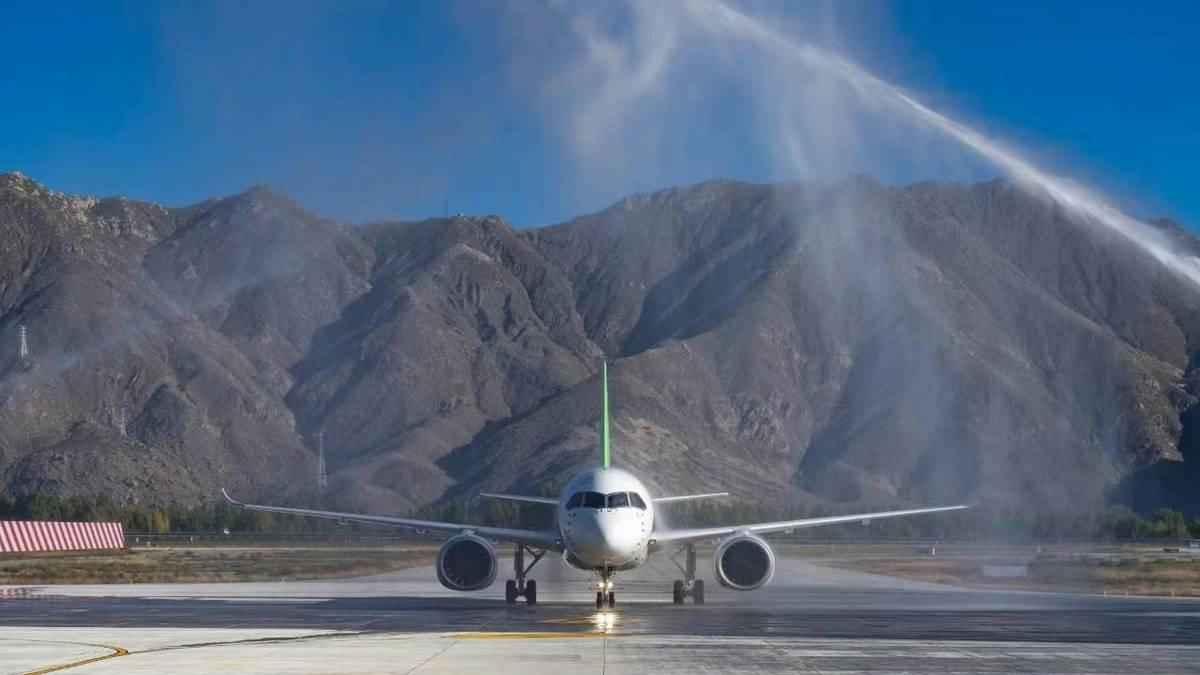
COMAC Faces Delays as Supply Chains and Sanctions Restrict Output and Western Access

Aviation Tariffs Shift Focus Amid Market Volatility
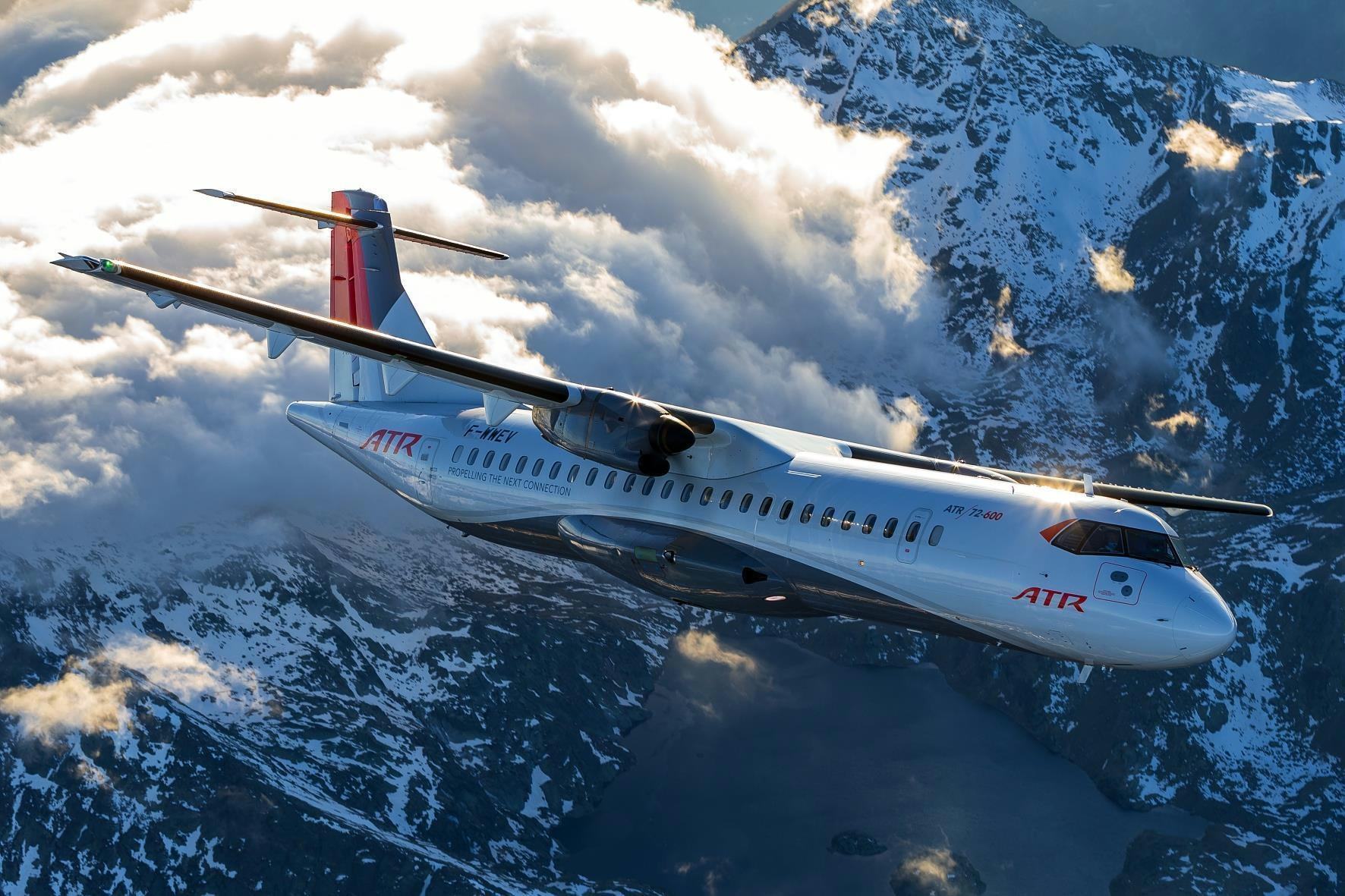
ATR Airlines Misses Targets Amid Aircraft Delivery Delays
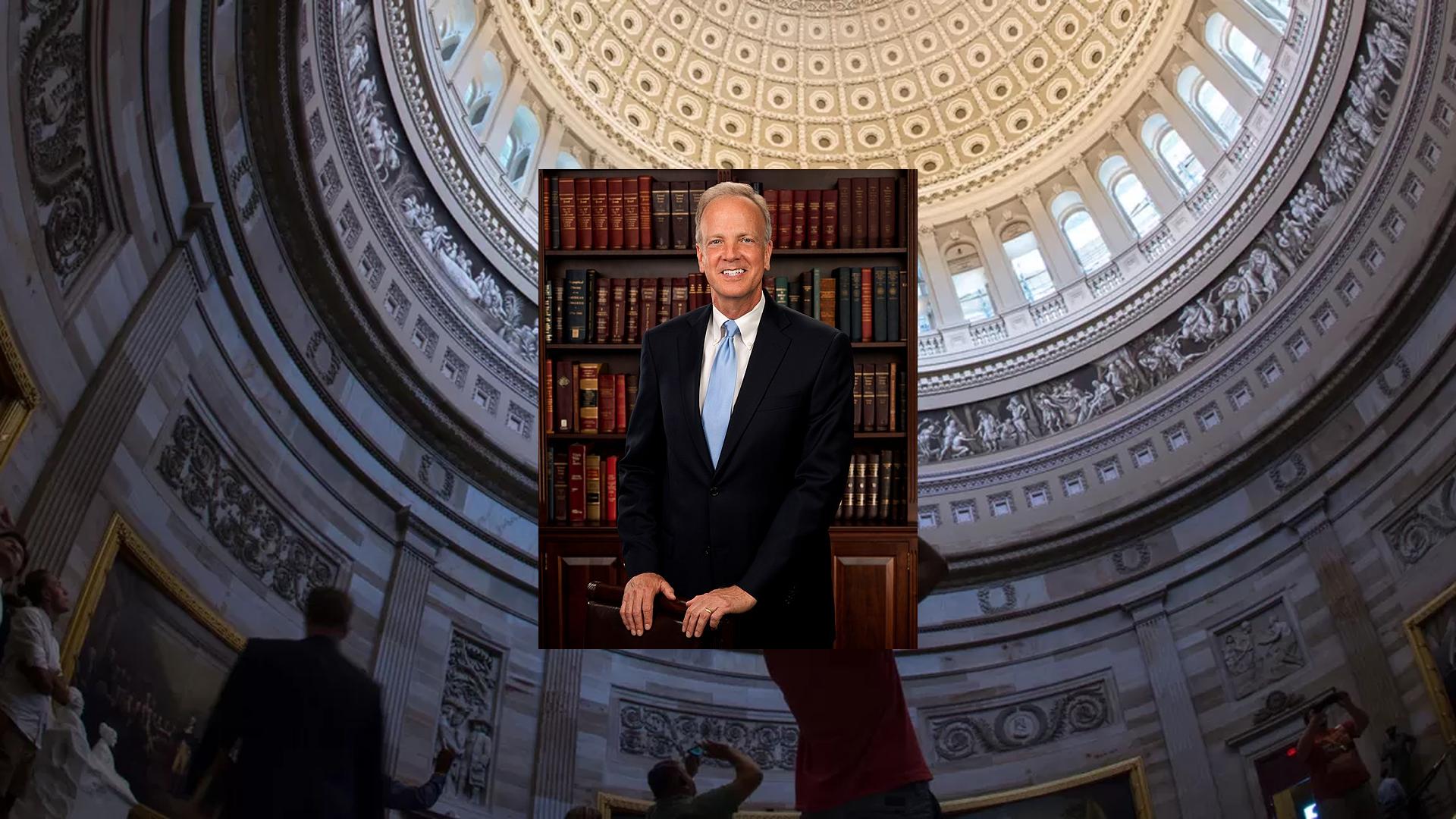
Sen. Jerry Moran Proposes Bipartisan Bill to Improve FAA Certification for Advanced Air Mobility
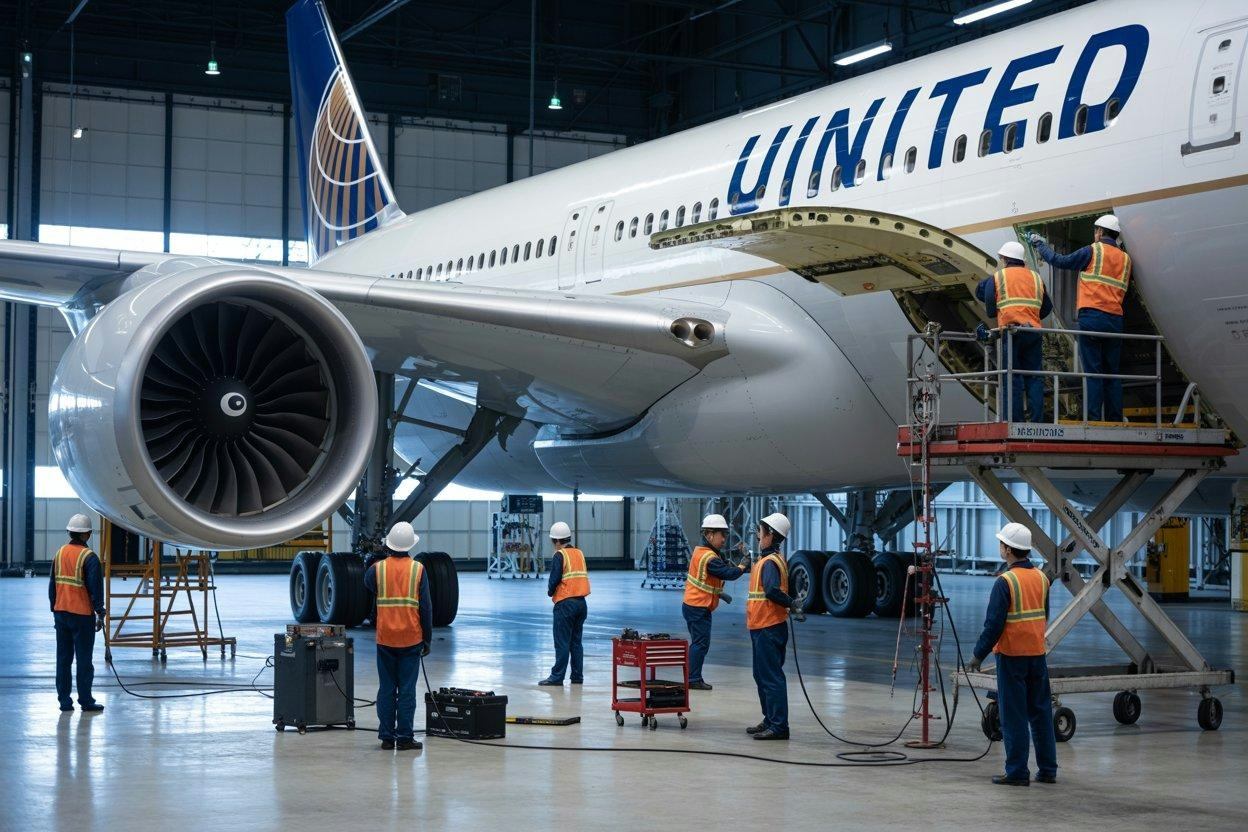
US Audit Identifies FAA Oversight Gaps at United Maintenance

The Impact of Agentic AI on Airport Operations
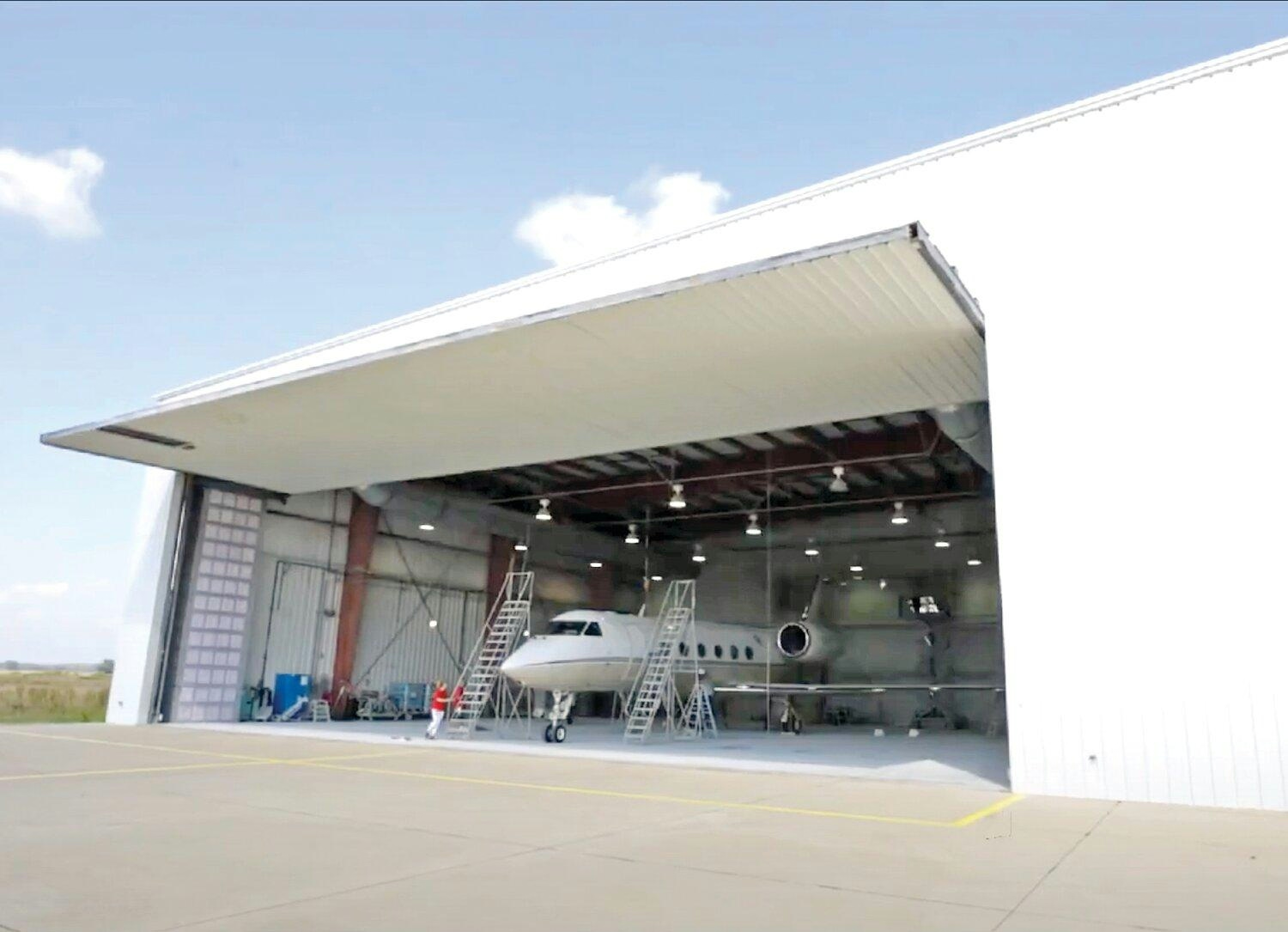
West Star Aviation Announces Expansion in Chattanooga
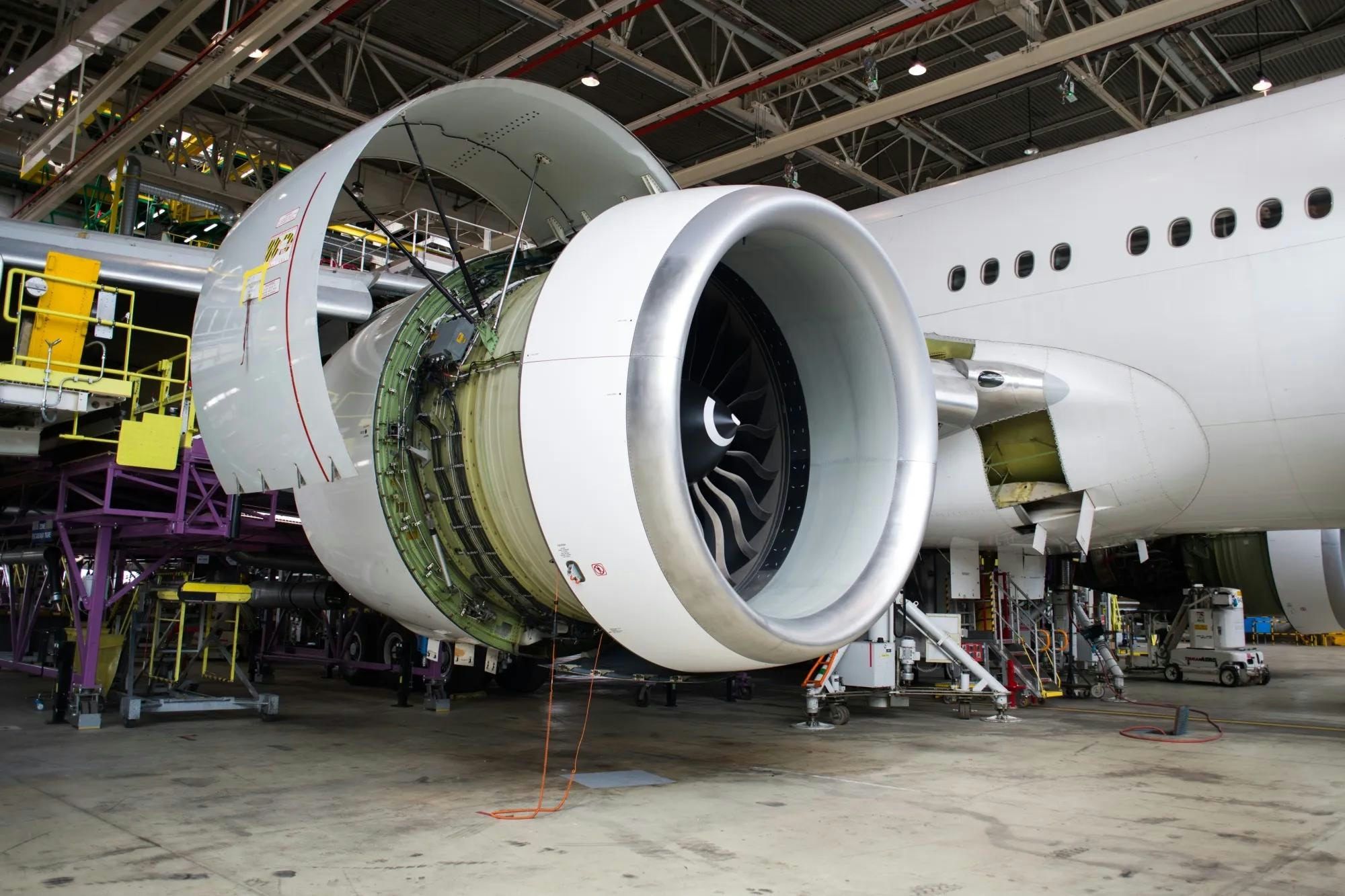
Signs Point to Easing of Aerospace M&A Backlog by 2026
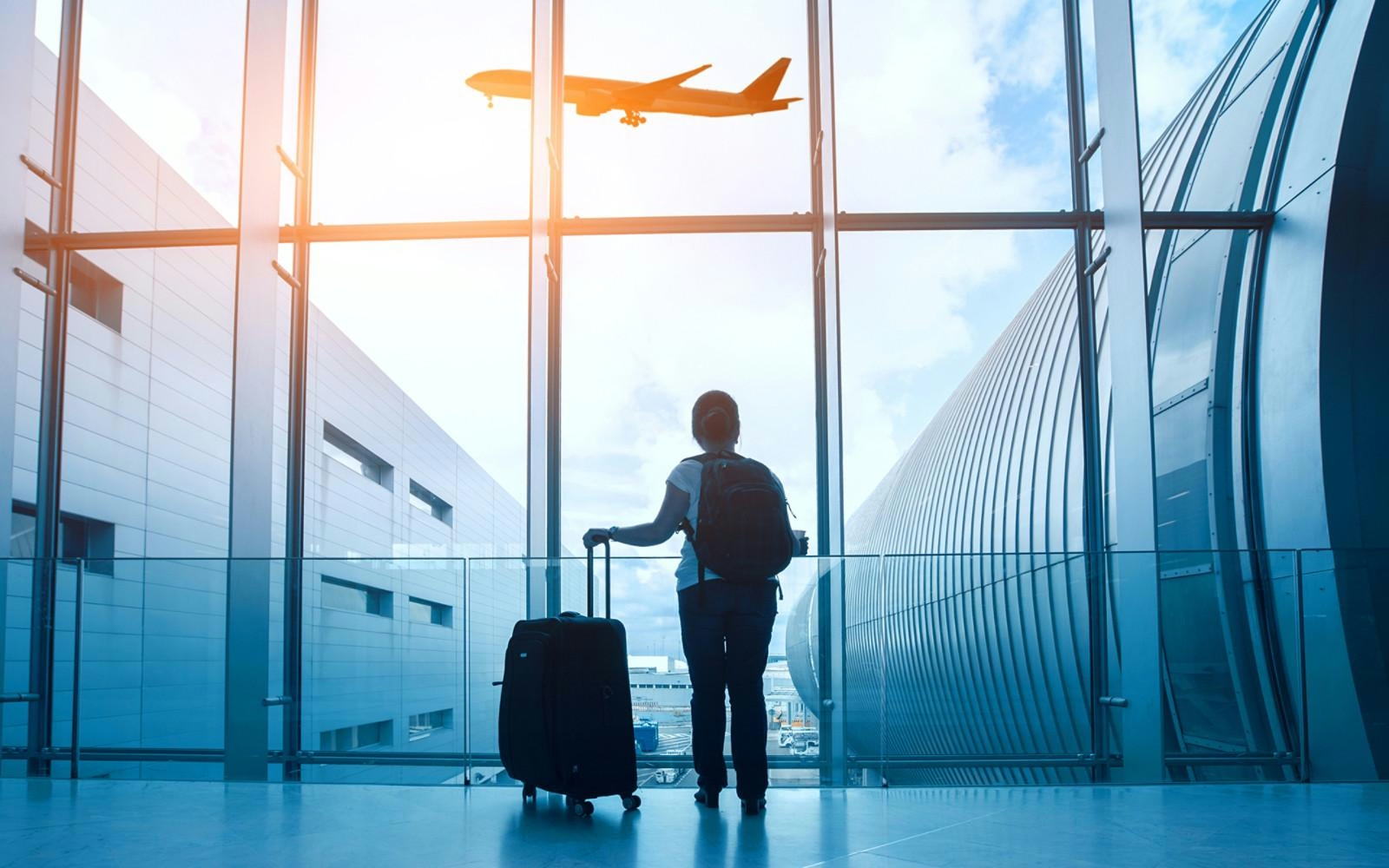
Airlines Accelerate Digital Transformation in Travel

Aviation Design Software Market Projected to Reach $2.8 Billion
